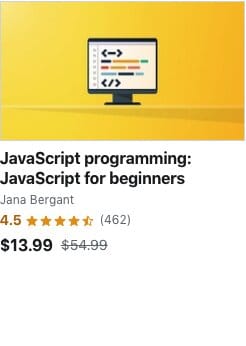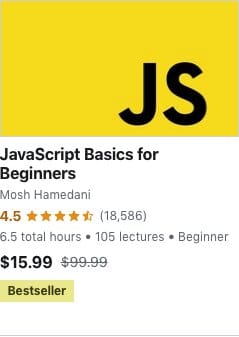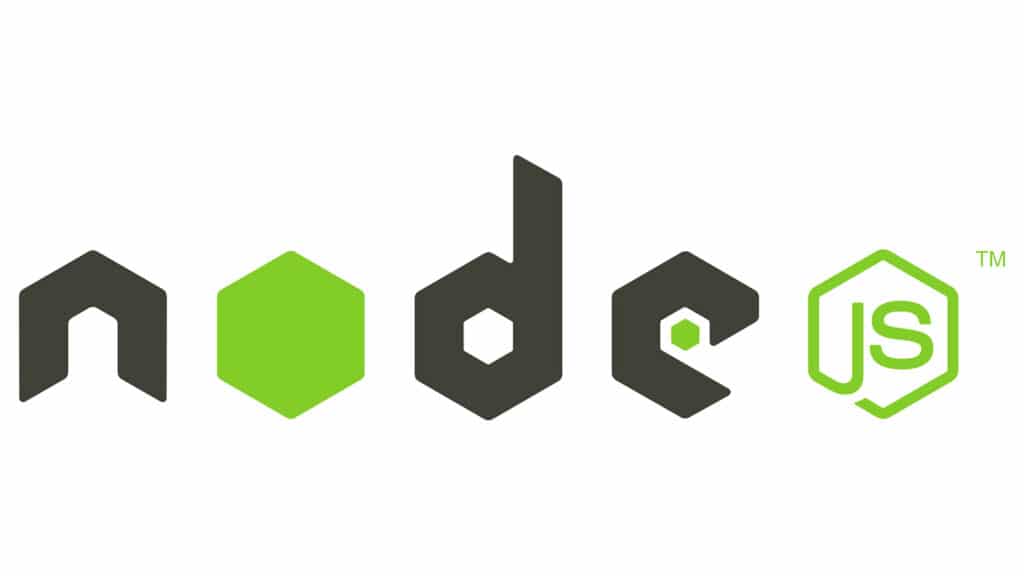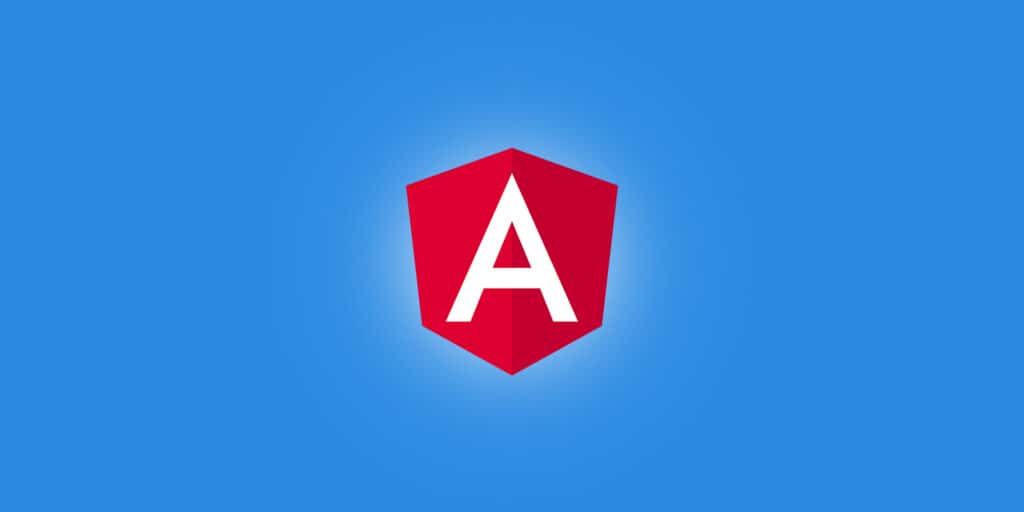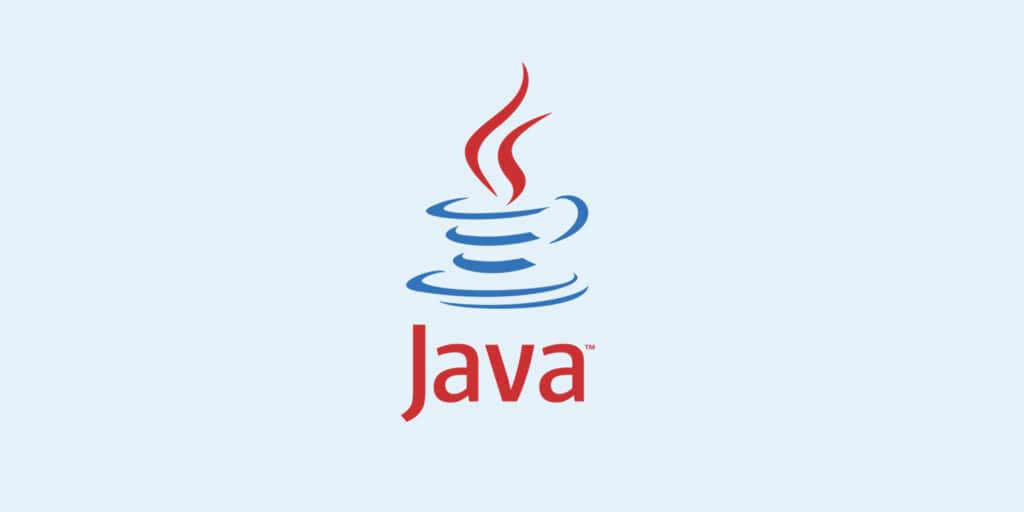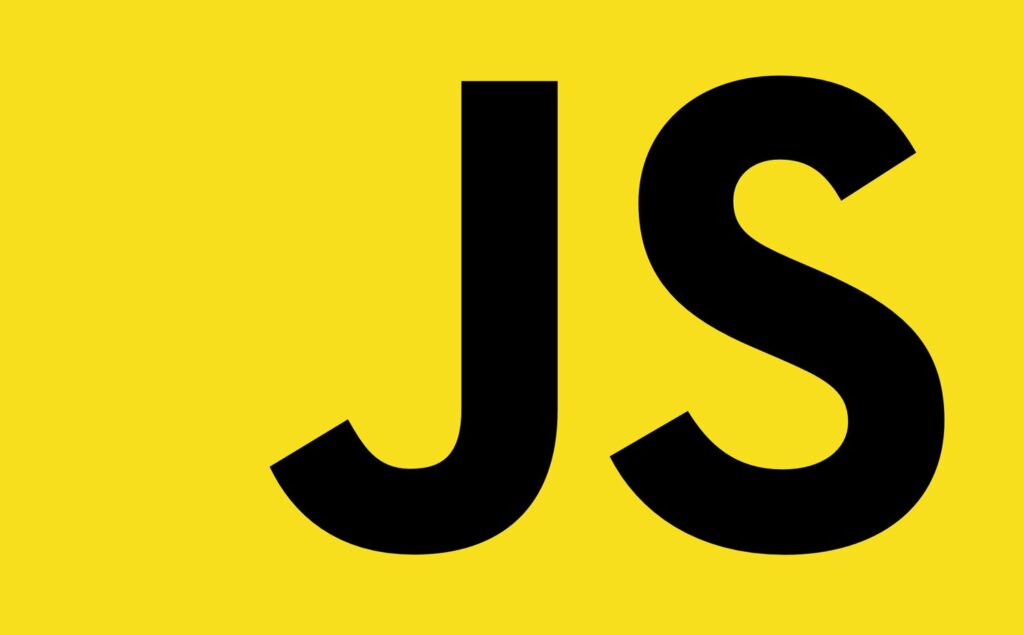
Javascript
What is JavaScript Software?
JavaScript is the key programming language used for website development and the building blocks of the entire internet! You simply cannot work as a developer without having some knowledge of JavaScript. Almost all websites use it for the client-facing pages so you’ve almost certainly come across it at some point.
Alongside HTML and CSS, JavaScript completes the holy trinity of web development. The language is used to automate processes – in short, add a touch of interactivity to websites. Without it, users would need to execute actions themselves whenever visiting the website, and everything would be a lot more tedious and difficult to use.
You might be forgiven for thinking there are huge similarities between Java and JavaScript, but it mostly ends at the name and the syntax. If you learn one it’s easier to learn the other but these days you’ll encounter JavaScript much more often. Whilst Java helps with web applications and background processes, JavaScript is the star of the show that makes sure the website works.
JavaScript is a really powerful tool that can perform just about any task you need on the internet. It’s also among the easiest languages to learn. If you’re a complete beginner to coding, Javascript is a great way to start earning money fast. It’s also easily the most useful language for digital nomads looking for jobs that take place entirely online. Your entire lifestyle is based on the internet, so it’s fair to say that your entire lifestyle is held up by JavaScript.
How is JavaScript used in website development?
It’s pretty much impossible to spend a single day on the internet without encountering something that’s run using JavaScript. The versatility of the language means you can do anything you want to a website with just a few lines of code. There’s no overstating just how powerful JavaScript is, you simply wouldn’t be able to read this blog right now without it.
HTML and CSS are important languages for web developers but without JavaScript, they would only be able to produce static pages. The days of websites consisting of solid blocks of text and images have been left behind in the 90s where they belong. It’s an absolute must for your website to have interactivity, and therefore all web developers must learn JavaScript.
But does it have any uses outside of web development? Yes, although that is by far its main function. It’s a really powerful tool, so you can also build mobile apps with it. You’ll need some knowledge of other languages for a full-time mobile development career but JavaScript is a good gateway into the industry.
It even performs some other functions you might expect another language is used for. Python is the gold standard for backend development, but JavaScript is designed well enough that it can also fulfill this purpose in smaller websites. Online gaming also owes a lot to JavaScript. You’ll find a lot of those games you play directly in your browser are run with it.
How to become a JavaScript software developer?
Like all developers, you’ll need to learn HTML and CSS first. JavaScript is often touted as the most important coding language for web development, but the truth is that it wouldn’t be able to function without HTML and CSS. These languages are pretty easy to learn, and many courses include them alongside JavaScript because they’re great building blocks for your development skills.
Once you’ve learned those, building your JavaScript knowledge is super easy. Some even consider it to be the easiest language to learn for those that want to jump straight into a developer career. As mentioned above, many HTML and CSS courses include Javascript and there are plenty of these available for free. Even those that charge will run freebies throughout the year, so sign up for updates.
Learning JavaScript is only half the battle, however. You also need to learn how to apply your knowledge. The fact is that nobody becomes a JavaScript developer, you’re usually a full-stack developer that knows JavaScript. Developing goes way beyond just knowing code, so consider taking a structured course to let you know all of the steps.
Thankfully there are so many free tools online where you can start building your own websites using JavaScript. Github is a necessary tool for learners and is completely free to use. Your learning should include producing a small website for your own purposes so you can see your progress. Do this well enough and you’ll also have the first piece of your portfolio.
What jobs require knowing JavaScript?
Web Developer is the obvious one. We’re pretty sure we’ve made our point on this but just to hammer it home – you cannot get a web development job without knowing JavaScript! JavaScript, HTML and CSS form the backbone of basically every website. Learn it as soon as you can, and then start building a portfolio to show off your skills.
The thing about JavaScript is it is also really useful in other careers. As we’ve already mentioned, backend development and games development often requires at least some knowledge of JavaScript. Software that doesn’t use it directly will often still need to interact with websites that do, so you’ll need to be able to make these connections.
Of all the coding languages available, JavaScript is also the most important language for non-developers to learn. Why? It’s really important to know how your website works in a whole host of jobs. Marketing teams can use their JavaScript knowledge to set up tracking tools, maintain websites as soon as needed and understand how content interacts.
UI and UX Design are two growing opportunities that also require at least a basic knowledge of JavaScript. You won’t have to code the website yourself, but you’ll need to know what you’re talking about. Interactivity is at the heart of user experience, and JavaScript is the coding language that makes it all happen.
Simply put, if you’re looking to upskill by learning a coding language then JavaScript is the one for you. It can enhance your earnings and help you stand out from the crowd.
Average JavaScript salary with different levels of experience?
Speaking of enhancing your earnings, how much can you expect to earn with knowledge of JavaScript? The average income for a midweight JavaScript developer with around five years of experience is $85k. This grows to around $115k with 10 years of experience. As for entry-level, you can aim for around $50k off the bat. Despite its popularity, it’s still one of the most lucrative coding languages to learn.
Also, those income figures are just for JavaScript developers. Most people who use the language on a day-to-day basis are full-stack developers, so what can you expect to earn in that career? Midweight full-stack developers will be earning around $95k with five years of experience. This can exceed $150k after 10 years, though the average at this level is closer to $120k. Even those starting out can enjoy $75k as a full-stack developer (though you’ll need a good portfolio).
Beyond development roles, JavaScript knowledge can see your earnings increase significantly. UI/UX designers need to know the language, and they can earn anywhere from $60-80k in an entry-level position (again, however, this would be with a decent portfolio). Marketing and content professionals can also see their earnings increase by around $5-10k with knowledge of JavaScript, HTML and CSS.
What about freelancers? JavaScript is all about web development, so this is becoming one of the most popular ways to work. It’s pretty easy to use so you can also take on more clients at once. With all of this in mind, you can easily exceed $150k after three years of freelancing as a full-stack developer. Marketing professionals can also add up to $20k to their annual income with a steady flow of clients.
How common is using JavaScript amongst digital nomads?
Beyond HTML and CSS, JavaScript is probably the most popular coding language among digital nomads. Remember, it isn’t just developers that need JavaScript. Digital nomads often find themselves pulled towards marketing and content roles, and understanding the basics of web design can help in both these areas.
This is a good and a bad thing. With it being so common among digital nomads you will find sizeable subcommunities dedicated to people who work with JavaScript whilst travelling the world. You can pick up some great tips from these communities and establish connections that will help you both socially and professionally.
That being said, it’s pretty common so you’ll have plenty of competition. This shouldn’t put you off an otherwise lucrative career, but your goal from the start should be to end up with a competitive portfolio. This is a must to get ahead. If you can, also pick up some other skills adjacent to web development to increase your offering to clients.
JavaScript forms the backbone of the internet and is a must for web development. If you’re struggling to choose which coding language to learn, go with JavaScript. Even if you decide you want to focus on another type of development, the syntax will make it easier for you to pick up other coding languages along the way.

